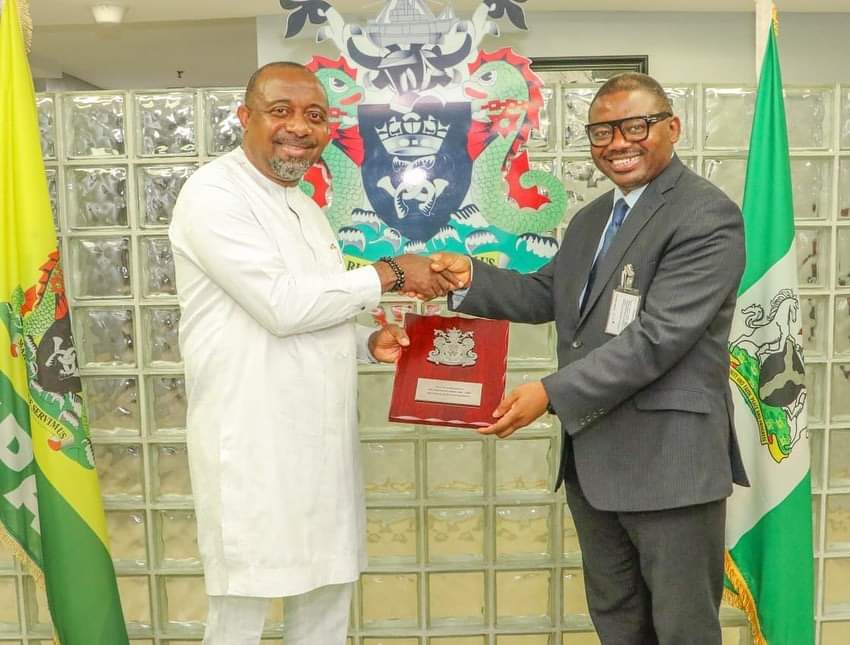Business
FG Frowns At Illegal Budgets

More facts have emerged on the committees of the National Assembly accused of illegally passing budgets for ministries, departments and agencies of the Federal Government without the knowledge of the parliament’s leadership and the President.
Documents available to newsmen, have shown that the MDAs committees have allegedly passed their budgets for seven years without due process.
The committees that have spent funds based on illegal budgets, according to a letter from the Budget Office of the Federation to the House of Representatives, include: the Nigeria Maritime Administration and Safety Agency (NMASA), Nigerian Shippers Council (NSC), Nigerian Ports Authority (NPA), Federal Airport Authority of Nigeria (FAAN), and the Nigerian Civil Aviation Authority (NCAA).
The President is expected to transmit budgetary proposals of MDAs to the National Assembly, while the clerk transmits passed budgets to the presidency for implementation.
However, President Mohammadu Buhari, while laying the 2023 Appropriation Bill before a joint session of the National Assembly on October 7, 2022, slammed committees of the parliament that were bypassing him and approving budgets for Government-Owned Enterprises without his approval.
The President said, “Distinguished Senators, Honourable Members, you may recall that we earlier integrated the budget of Government-Owned Enterprises into the FGN’s 2019 budget submission. This has helped to enhance the comprehensiveness and transparency of the FGN budget.
“It has, however, come to my attention that Government-Owned Enterprises liaise directly with relevant NASS committees to have their budget passed and issued to them directly.
“I would like to implore the leadership of the National Assembly to ensure that the budget I lay here today, which includes those of the GOEs, be returned to the Presidency when passed.
“The current practice where some committees of the National Assembly purport to pass budgets for GOEs, which are at variance with the budgets sanctioned by me, and communicate such directly to the MDAs, is against the rules and needs to stop.”
Chairman of the House Committee on Public Accounts, Oluwole Oke, had later in an interview with journalists confirmed the development.
He said the committee, after making the discovery, wrote to the Secretary to the Government of the Federation, Boss Mustapha, and the Clerk to the National Assembly, Amos Ojo, to confirm if Buhari actually transmitted the MDAs’ budgets to the parliament or not.
“Before Mr President made that submission, we had written the Secretary to the Government of the Federation, and the Clerk to the National Assembly to show us proof that these agencies’ budgets passed through the normal legislative processes. The Public Accounts Committee (of the House) raised the alarm,” Oke noted.
Business
Agency Gives Insight Into Its Inspection, Monitoring Operations

Business
BVN Enrolments Rise 6% To 67.8m In 2025 — NIBSS

The Nigeria Inter-Bank Settlement System (NIBSS) has said that Bank Verification Number (BVN) enrolments rose by 6.8 per cent year-on-year to 67.8 million as at December 2025, up from 63.5 million recorded in the corresponding period of 2024.
In a statement published on its website, NIBSS attributed the growth to stronger policy enforcement by the Central Bank of Nigeria (CBN) and the expansion of diaspora enrolment initiatives.
NIBSS noted that the expansion reinforces the BVN system’s central role in Nigeria’s financial inclusion drive and digital identity framework.
Another major driver, the statement said, was the rollout of the Non-Resident Bank Verification Number (NRBVN) initiative, which allows Nigerians in the diaspora to obtain a BVN remotely without physical presence in the country.
A five-year analysis by NIBSS showed consistent growth in BVN enrolments, rising from 51.9 million in 2021 to 56.0 million in 2022, 60.1 million in 2023, 63.5 million in 2024 and 67.8 million by December 2025. The steady increase reflects stronger compliance with biometric identity requirements and improved coverage of the national banking identity system.
However, NIBSS noted that BVN enrolments still lag the total number of active bank accounts, which exceeded 320 million as of March 2025.
The gap, it explained, is largely due to multiple bank accounts linked to single BVNs, as well as customers yet to complete enrolment, despite the progress recorded.
Business
AFAN Unveils Plans To Boost Food Production In 2026
-

 News2 days ago
News2 days ago2026 Budget: FG Allocates N12.78bn For Census, NPC Vehicles
-

 Featured5 days ago
Featured5 days agoRSG Kicks Off Armed Forces Remembrance Day ‘Morrow …Restates Commitment Towards Veterans’ Welfare
-

 Featured5 days ago
Featured5 days agoTinubu Hails NGX N100trn Milestones, Urges Nigerians To Invest Locally
-

 Sports2 days ago
Sports2 days agoAFCON: Osimhen, Lookman Threaten Algeria’s Record
-

 Politics2 days ago
Politics2 days agoWike’s LGAs Tour Violates Electoral Laws — Sara-Igbe
-

 Politics2 days ago
Politics2 days agoRivers Political Crisis: PANDEF Urges Restraint, Mutual Forbearance
-

 Maritime2 days ago
Maritime2 days agoMARITIME JOURNALISTS TO HONOUR EX-NIWA MD,OYEBAMIJI OVER MEDIA SUPPORT
-

 Sports2 days ago
Sports2 days agoPalace ready To Sell Guehi For Right Price

